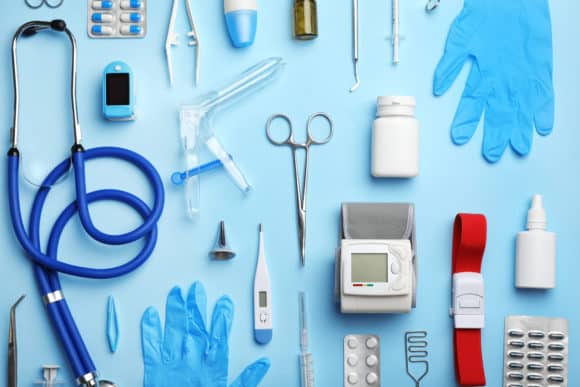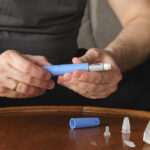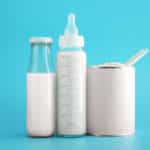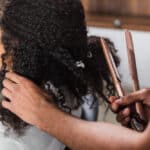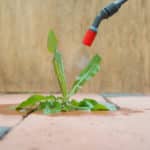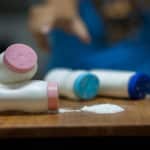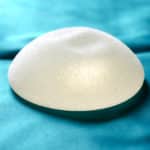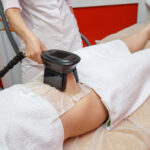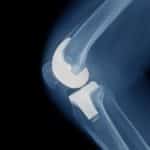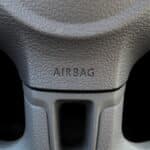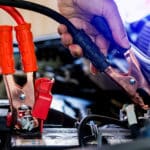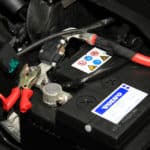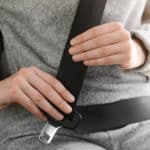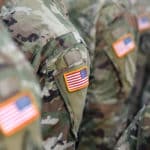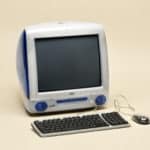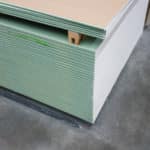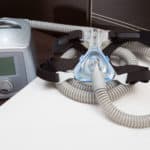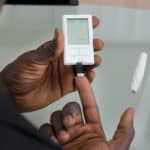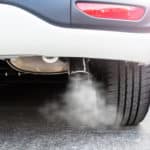Leaders in the field
Seeger Weiss has been involved in some of the most important product liability litigation in U.S. history. Our attorneys were critical to the success of the Volkswagen “Clean Diesel” Marketing, Sales Practices, and Products Liability Litigation, which held the car company to account for selling illegally polluting vehicles. Notably, founding partner Chris Seeger served on the Plaintiffs’ Steering Committee and helped negotiate the over $20 billion settlement – the largest consumer auto industry class action settlement ever. Seeger Weiss also helmed the Vioxx Products Liability Litigation against Merck for injuries caused by the medication. Our firm represented hundreds of clients and helped plaintiffs reach a $4.85 billion global settlement with the company.
Seeger Weiss partners currently hold leadership roles in many of the most noteworthy active product liability lawsuits. Chris Seeger serves as co-lead counsel and partner David Buchanan co-chairs Plaintiffs Steering Committee in 3M Combat Arms Earplug Products Liability Litigation – the largest multidistrict litigation in American history, with more than 280,000 claims filed by servicemembers and veterans related to earplugs that failed to protect their hearing. Seeger was also recently chosen to co-lead the Philips Recalled CPAP, Bi-Level PAP, and Mechanical Ventilator Products Liability Litigation. In 2021, Partner Parvin Aminolroaya was appointed co-lead counsel in Elmiron (Pentosan Polysulfate Sodium) Products Liability Litigation, in which women allege the drug caused a unique type of ocular damage called pigmentary maculopathy.*
*Prior results do not guarantee or predict a similar outcome with respect to any future matter.
What is product liability?
Product liability encompasses a broad array of cases including: dangerous and mislabeled pharmaceutical drugs, faulty medical devices, cars with defective parts, and other products which may threaten consumer safety. Product liability laws hold the makers and manufacturers of defectively or negligently designed products to account.
Manufacturers are required to ensure that their products are safe and function as intended when used as directed. Product liability laws hold manufacturers, distributors, and sellers accountable for defective products that injure consumers and threaten public safety.
What types of defects in products create liability?
There are three major types of product liability claims: design defects, manufacturing defects, and failure-to-warn defects, each of which may threaten consumer safety.
Design defects
A design defect exists when the design of a product is dangerous or does not function properly – the defect is inherent to the design and will cause issues no matter how well the product is manufactured. In most states, plaintiffs have the burden of proof to show that the risks of a design outweigh the benefits.
Manufacturing defects
In contrast to a design defect, a manufacturing defect arises from errors in production that cause some of the items produced to not meet the manufacturer’s intended design. Oftentimes, manufacturing defects stem from flaws in the production process such as using low-quality materials, allowing the product to be contaminated with a foreign substance, or relying on improper manufacturing techniques.
Failure-to-warn defects
Failure-to-warn defects, also known as defects in marketing, arise when a manufacturer does not provide adequate consumer safety warnings or instructions about risks of harm associated with using their product. A plaintiff bringing a failure-to-warn claim must show they were injured because of the undisclosed risk.
What is claimed in a product liability lawsuit?
When a consumer brings a product liability lawsuit, the right to sue or “cause of action” is often based on negligence, strict liability, or breach of warranty.
- What is negligence? – Negligence claims consider the conduct of the defendant. A plaintiff relying on a theory of negligence needs to show that the defendant owed them a legal duty, the defendant breached said duty, the plaintiff was in fact injured, and the breach caused the plaintiff’s injury. In the context of product liability, manufacturers are expected to exercise a reasonable standard of care. Plaintiffs must prove that the risks resulting from the company’s negligence were foreseeable and absent their negligent behavior, the plaintiff would not have been injured.
- What is strict liability? – Strict liability means that the plaintiff does not need to establish that the manufacturer intended to cause harm or was negligent in doing so. Under a theory of strict liability, a plaintiff must only prove the product was defective, the defendant produced, distributed, or sold the product, and the defect caused the plaintiff’s injury. Many states have laws holding companies strictly liable for the products they produce.
- What is breach of warranty? – A warranty is stated or implied guarantee given by a seller attesting to the quality of its product. If a product fails to live up to what the seller claims, does not function for the particular purpose it was purchased for, or does not meet the minimum standards set by the government, a plaintiff can bring a breach of warranty claim. Under a breach of warranty theory of liability, a plaintiff must only show that the defendant failed to fulfill the pledges they made about the quality or type of product they sold.
What types of product liability cases affect consumer safety?
Certain categories of products are most common in product liability claims which affect consumer safety. These lawsuits may potentially affect hundreds, thousands or even millions of people who have been injured by defective products.
- Pharmaceutical Drugs – Prescription and over-the-counter medications may pose a serious risk to consumer safety. In some cases, the manufacturer may have known about and failed to inform or hidden the risks of a medication. Dangerous medications have resulted in severe side effects, serious injury, permanent disability, birth defects
and in some instances, may cause death. - Medical Devices – Medical devices are non-drug products, machines or tools which are used in medical treatment. Though the U.S. Food and Drug Administration has a process for approval of medical devices, some products are not required to submit to testing if the manufacturer claims the device is similar to those already on the market. Defective medical devices may require additional medical or surgical intervention, result in permanent injury or disability, or may cause death.
- Consumer Products – Products sold in the U.S. every day can cause serious harm to the public, threatening consumer safety. Recent product liability cases have included: products that affect children like baby powder, personal care items like makeup and hair care, agricultural products like Round Up (glyphosate), industrial products like asbestos,
and those involving vehicle malfunction or safety.
How are product liability claims litigated?
Product liability claims are litigated differently depending on the type of misconduct and how widespread its effects are. Anyone who experiences an injury based upon a defective product may be eligible to bring an individual claim against the manufacturer. Oftentimes because products are sold to thousands if not millions of people, these cases can be organized as mass torts or class actions to fully hold the companies accountable.
Mass torts
When hundreds or thousands of consumers file bodily injury lawsuits with similar allegations, those claims can be centralized as a mass tort in one federal court. Unlike class actions, mass torts are groupings of individual cases alleging similar harms caused by the same defendant’s product. For instance, Seeger Weiss represents users of Philips CPAP sleep apnea machines and other Philips assisted breathing devices who experienced lung injury or cancer caused by the disintegration or outgassing of sound-reducing foam liner in these machines. Another mass tort is the 3M Combat Arms Earplug Products Liability Litigation, which Seeger Weiss co-leads.
Class actions
Product liability cases where plaintiffs are seeking recompense for economic or emotional damages caused by a defective product which may have threatened consumer safety are often brought as a class action lawsuit. In a class action, one or several plaintiffs file a lawsuit on behalf of a larger group of affected people. For example, drivers who were sold Volkswagen vehicles with “defeat devices” that allowed them to circumvent EPA emissions standards for air pollution were certified as a class in the Volkswagen “Clean Diesel” Marketing, Sales Practices, and Products Liability Litigation. Seeger Weiss helped negotiate the over $20 billion settlement the automaker reached with consumers, which is the largest consumer auto industry class action settlement in U.S. history. Cases involving physical, personal injury are not typically filed as class actions; instead these are individual lawsuits. *
*Prior results do not guarantee or predict a similar outcome with respect to any future matter.
What laws govern product liability?
There are no federal laws governing product liability, so claims are typically based on relevant state laws. If you have a claim associated with ongoing product liability litigation, we recommend you speak to a qualified attorney.
Contact Seeger Weiss LLP
No one should suffer because a manufacturer chose profits over your safety. If you would like to speak to a professional regarding your rights, please fill out the free case evaluation form and an experienced member of Seeger Weiss’s staff will contact you. Initial consultations are free of charge and do not create a legal relationship. We can help guide you through the legal process.
